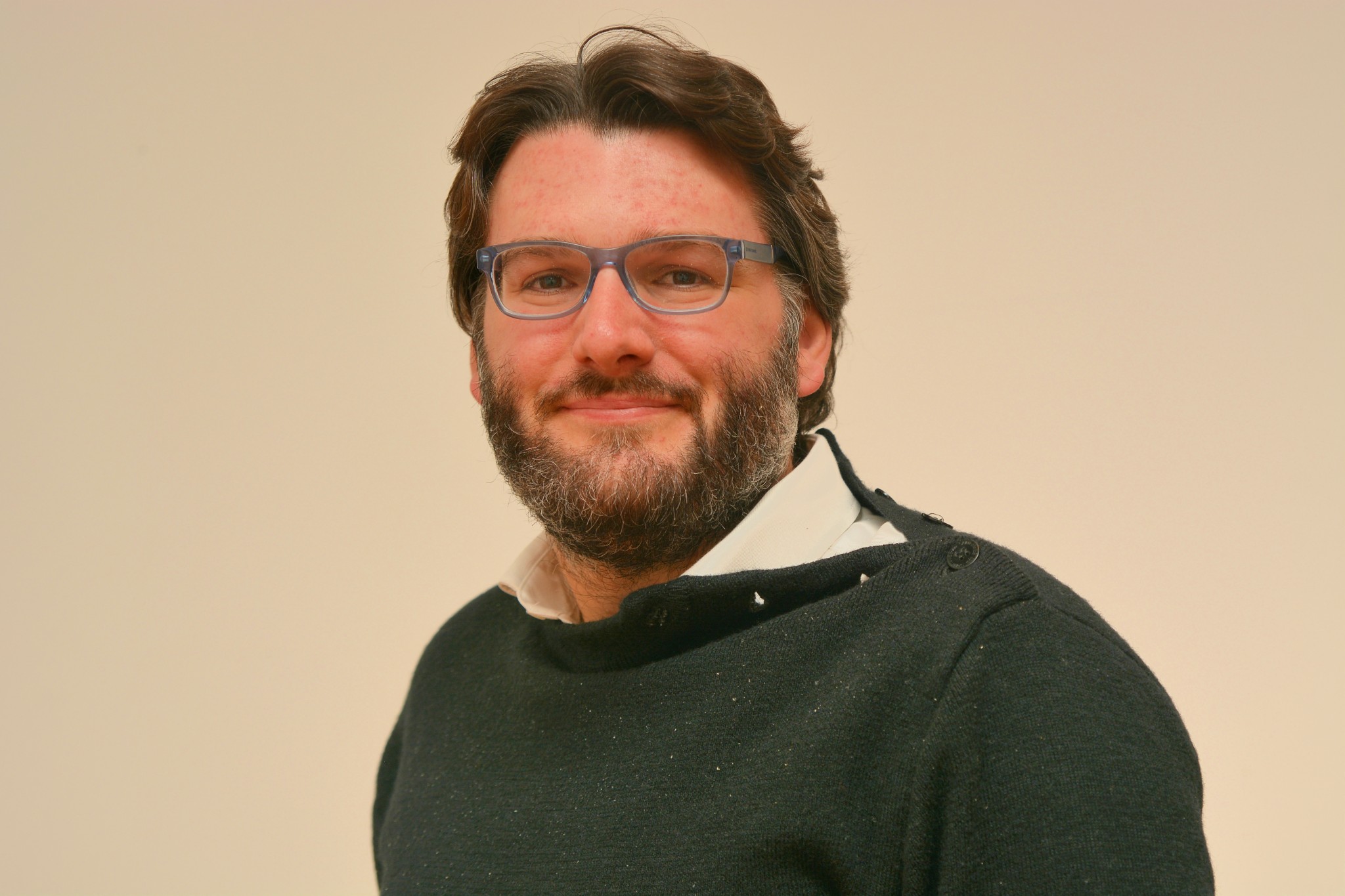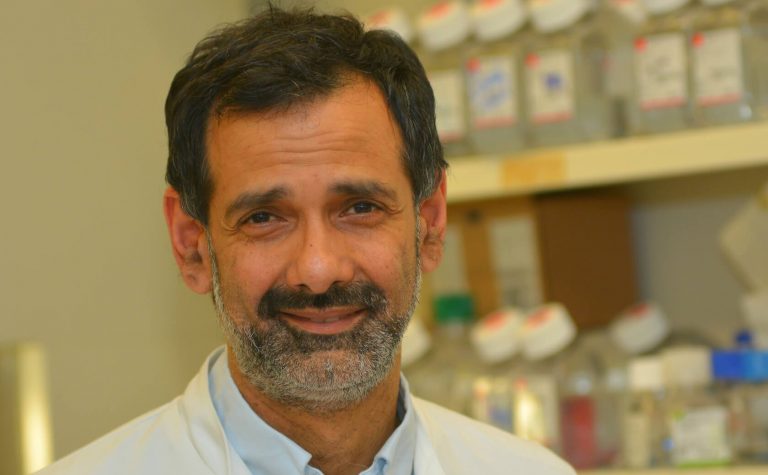Dr Yann Jamin describes how the use of OE-MRI could be used, “This new test can be performed on conventional MRI scanners used for day-to-day routine imaging in hospitals, and is currently being evaluated in clinical trials in adults. OE-MRI involves scanning patients while breathing air containing a higher concentration of oxygen. This test could be easily adapted for children with cancer, as we have already imaged children breathing oxygen as a part of an ongoing imaging-driven clinical trial in children with neuroblastoma at the Royal Marsden Hospital.” The research, published in the journal Cancer Research, describes the use of the OE-MRI imaging technique. OE-MRI can produce maps of oxygen deprivation and identify and quantify the hypoxia within a tumour.
Dr Jamin explains how the technique works, “Oxygen-enhanced (OE-) MRI allows the non-invasive localisation of regions within tumours that are deprived of oxygen. These regions are associated with more aggressive tumours and resistance to both
chemotherapy and
radiotherapy. We believe that OE-MRI will allow better treatment planning and monitoring, and ultimately help accelerate the delivery of
precision medicine to patients including children with cancer.” This research has been showed to be effective in preclinical models. Now the plan is to develop this technique further through clinical studies of cancer patients.

